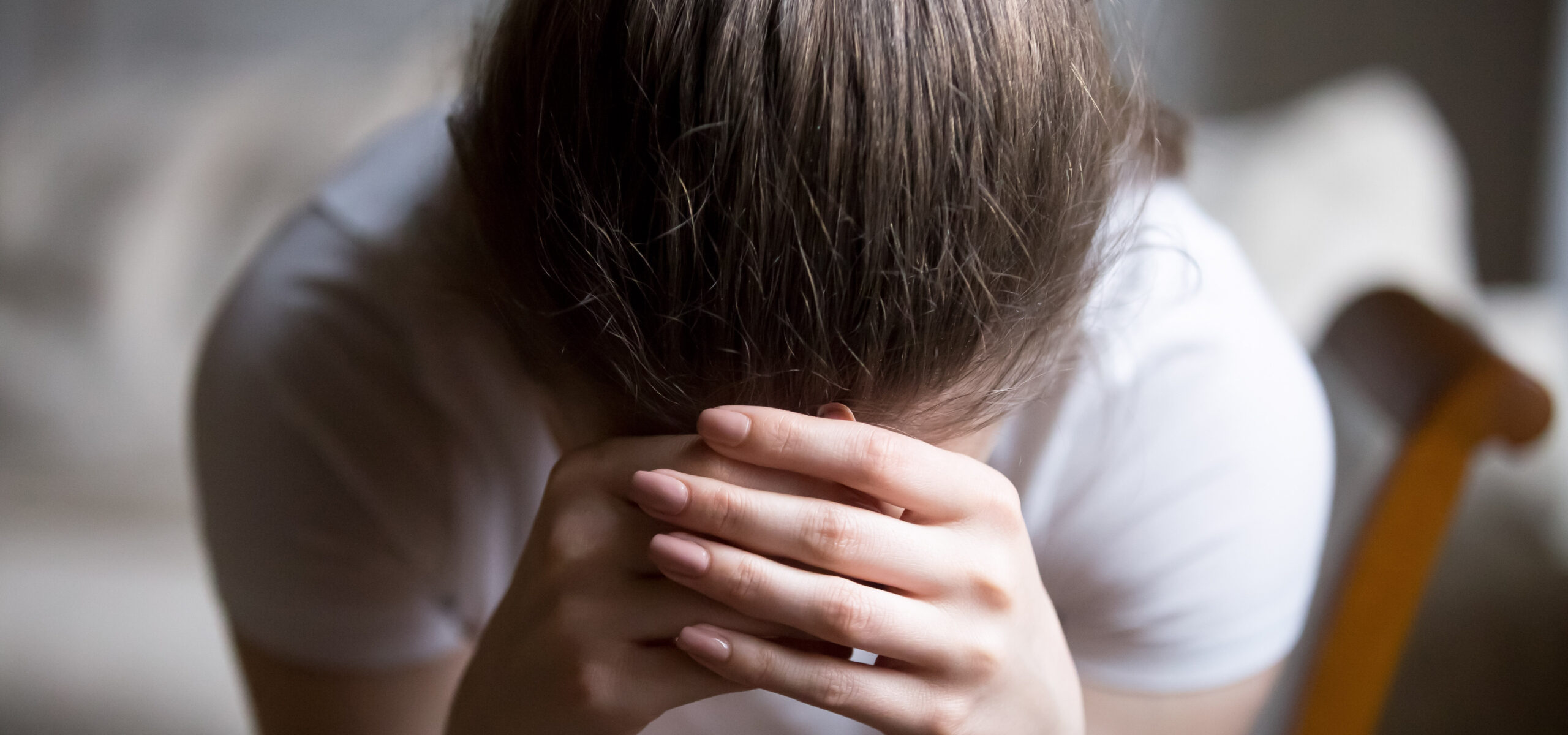A sad fact of the pandemic is that reported incidents of domestic abuse have increased during the lockdowns.
An investigation by BBC’s Panorama in the summer showed that two thirds of women in abusive relationships have suffered more violence during this period.
Figures from charity Women’s Aid back this up – a survey carried out in April found that 67.4 per cent of survivors currently experiencing abuse, reported it had got worse since Covid-19.
Here, Carolyn Ford, a paralegal at WHN Solicitors who specialises in supporting victims of domestic abuse, explains what help is available and how recent guidelines on the way court hearings take place will play their part.
What is domestic abuse?
The Government points out that domestic abuse is not always physical violence. It identifies other examples of behaviour including coercive control, economic abuse, online abuse, threats and intimidation, emotional abuse and sexual abuse.
People are being encouraged to watch out for friends and family members and look for signs that indicate someone is suffering from this kind of behaviour – although this becomes more difficult in a lockdown.
According to the gov.uk website, signs can include people being withdrawn or isolated from family and friends, having bruises or burns, having their finances controlled, internet or social media use monitored and being repeatedly belittled.
Why has domestic violence been increasing?
The pandemic has been creating a ‘pressure cooker’ for victims of domestic abuse, in many cases forced to remain in lockdown with their abuser.
Women’s Aid reports that, on average, the police in England and Wales receive more than 100 calls relating to domestic violence every hour.
Abuse is also less likely to be reported at the moment as it may not be detected by others, and victims may be less likely to seek help.
What support is available to victims of such abuse?
I have written previously on this blog about some of these issues, which you can read here.
It’s important to remember that, even while we cannot mix with other households, if a victim needs to flee to a place of safety, they are still able to do so. People should continue to seek legal help including obtaining a non-molestation order and / or occupation order.
During April and June of this year, more than 8,800 applications were made for domestic abuse remedies which shows both the scale of the problem and that help is available from the law.
One important recent development to emerge came when the President of the Family Division, Sir Andrew McFarlane, updated guidance in relation to victims of domestic abuse and how court hearings are being held during the pandemic.
This guidance, which can be downloaded here, covers everything from arranging a hearing, the format of the hearing itself, to how courts can make sure that a victim of domestic violence can take part in a video call without feeling that the perpetrator is seeing their private, safe space.
It is reassuring that protective measures are being put in place for victims of domestic abuse during this stressful time and the news will hopefully encourage those who may be suffering to seek the help they need.
Discover more information on the support available to victims of domestic abuse via charities Women’s Aid and Refuge.
Carolyn Ford is a paralegal based at WHN’s Bury office. Carolyn advises clients on a range of issues relating to domestic abuse, from obtaining injunctions and court orders, to supporting parents going through public law outline proceedings. To contact Carolyn, call her on 0161 761 4611 or email carolyn.ford@whnsolicitors.co.uk















